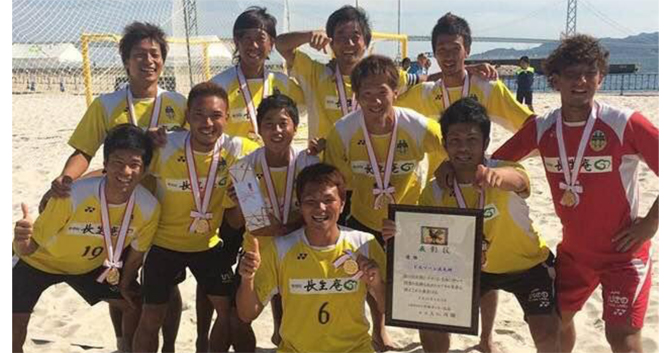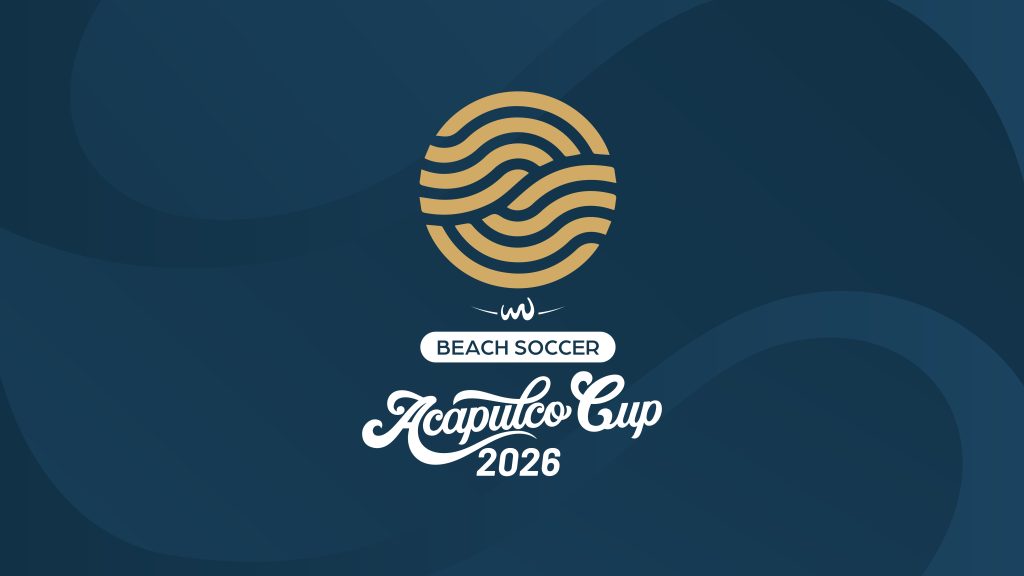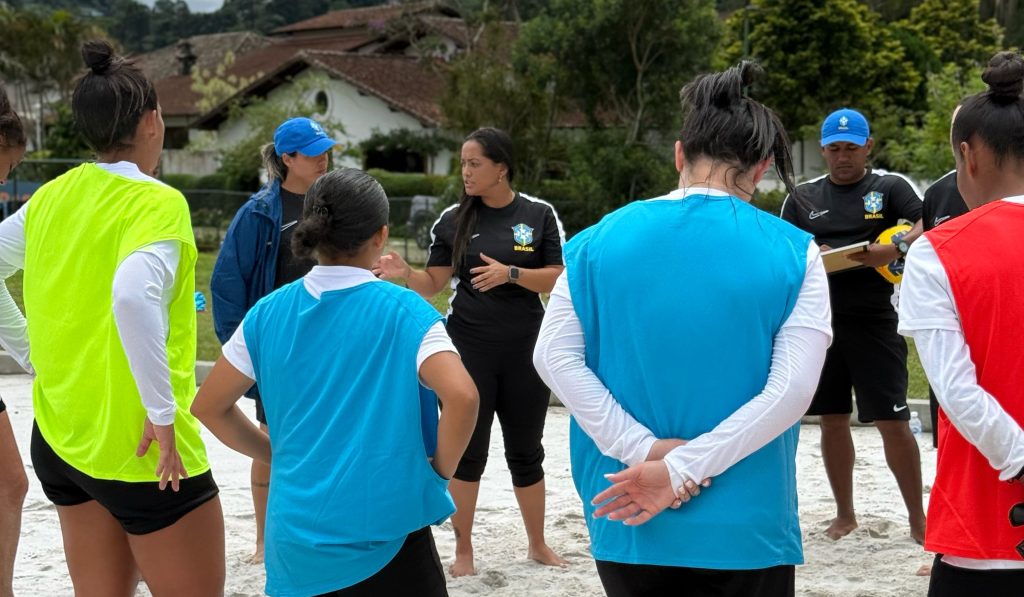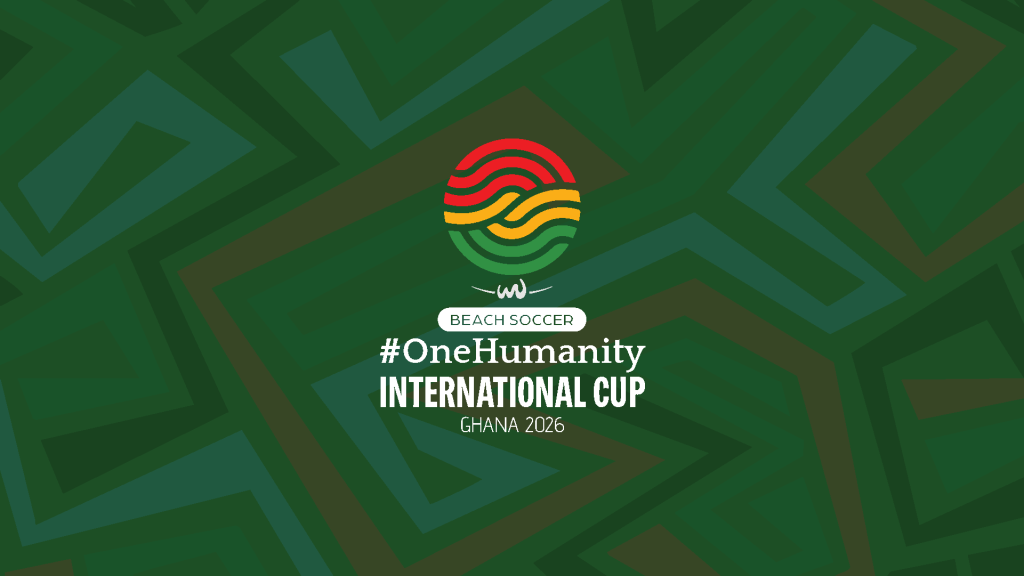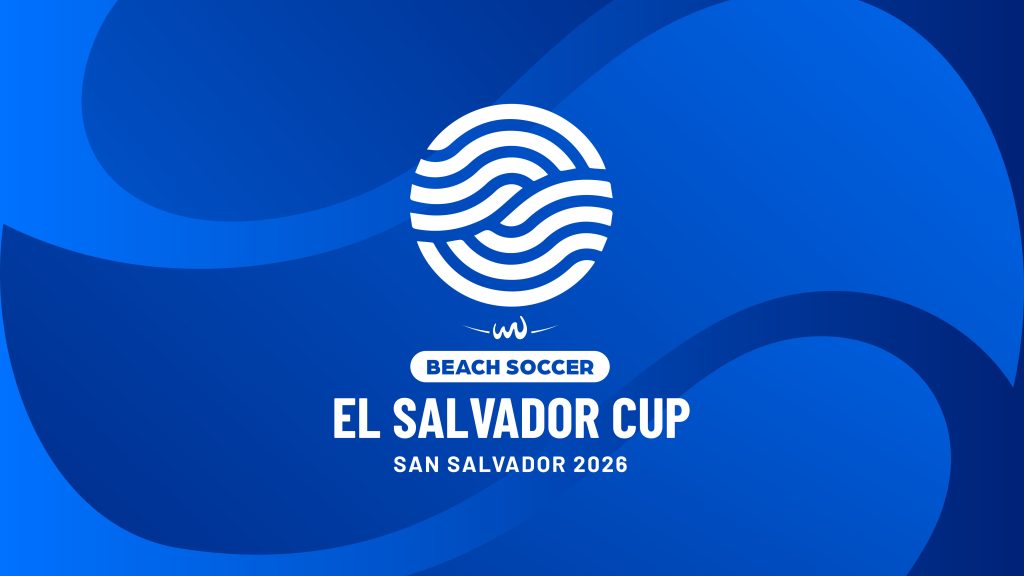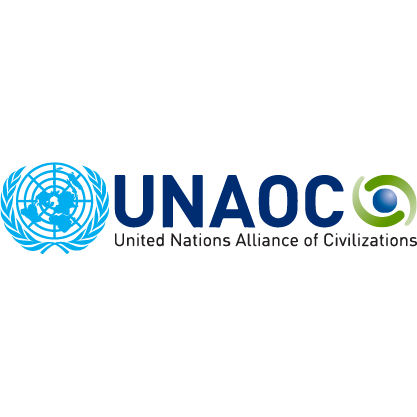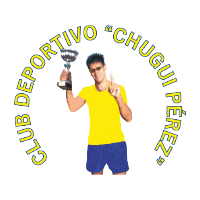16 Japanese teams from all over the country took part in the club tournament and featured many players fro the Nipon National Selection
The best four teams after the league season automatically qualified for the semi-finals and it made for an exciting conclusion to the championship. The first semi was a hotly contested match between Dorsole Kitakyushu and Pracia Yamaguchi. The side from Fukuoka was able to overcome the Yamaguchi side by a score of 5-3. The last semi-final had the makings of final as the two squads were among the favourites to win the Championship, Sol Mar Praia da ilha de Okinawa and Tokyo Lequios. The two sides were expected to win it all because the team from Okinawa won the championship in 2010 and 2012. Lequios had won back-to-back title in 2013 and 2014, to go along with 2006, 2007, 2008, and 2011. The Tokyo team and the Okinawa team had a total of eight players from the Japanese National Selection, such as, Goto, Ozu, Tabata, and Terukina. Ozu captains the Nippon Selection and the Tokyo club and he helped direct his side to 2(3)-2(1) penalties win to reach the final.
A powerful Lequios side came to the grand finale prepared to face the young and tenacious Dorsole Kitakyushu. The six-time champions from Tokyo knew they had a tough task ahead as there were another two players from the Blue Samurais National Team facing off against them. The game was phenomenal and the first three periods finished tied at 4-4, and was stuffed with spectacular moves and goals. It only took one goal in the rapid overtime period for Dorsole to upset the reigning champions by a score of 5-4.
It may look like a shock based on paper and history that Dorsole defeated Lequios, but it was not a great surprise because the teams like Dorsole and Pracia Yamaguchi have been growing and working in earnest and now they both have players on the national team, This shows that the beach soccer level in Japan has grown with the completion of clinics across the country revealing young and talented players. In fact, the Beach Soccer responsible for Japan, Marcelo Mendes, is also the head coach of their Selection and the organization of this league championship is of the utmost importance for him and the Japanese.









